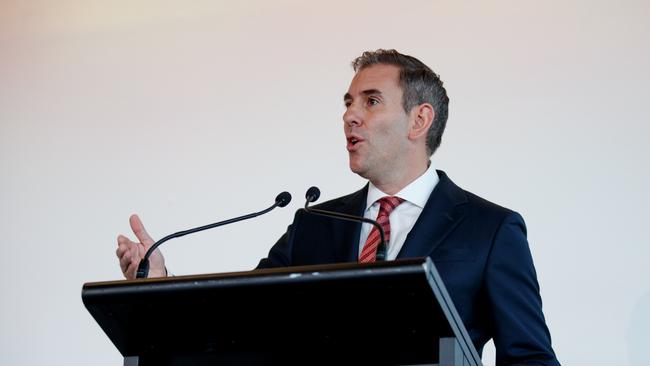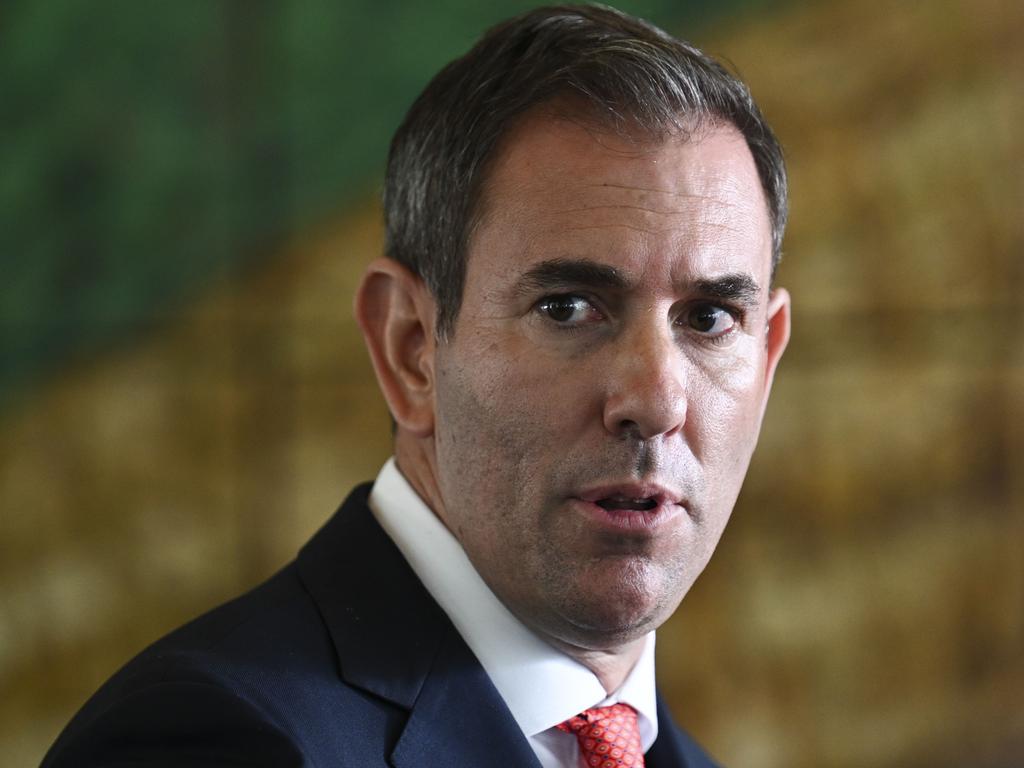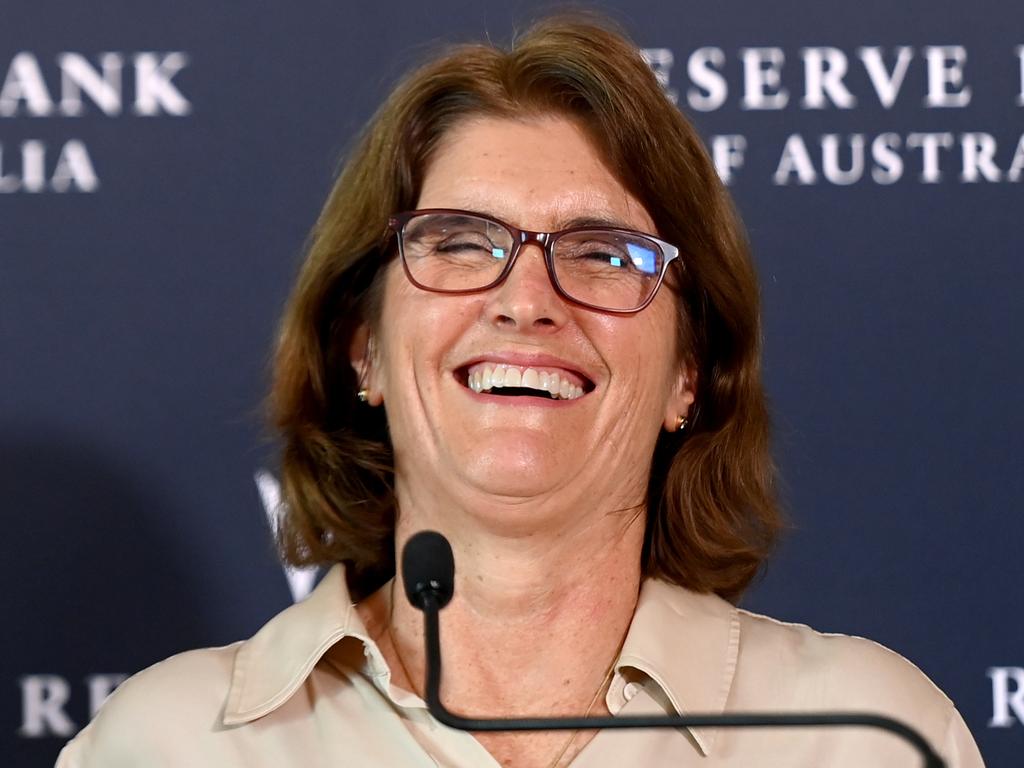Spending fear over $243bn budget windfall
Jim Chalmers is on track to pick up almost a quarter of a trillion dollars more in receipts over the next three years than was forecast just two years ago, amid an economist’s warning on spending.

Jim Chalmers is on track in the May budget to pick up almost a quarter of a trillion dollars more in receipts across this financial year and the next two combined than was forecast just two years ago by his predecessor, Josh Frydenberg.
But as the government battles a cost-of-living crisis driven by high inflation, it has embarked on a large increase in government spending, using almost two-thirds of the massive revenue increase, driven by the post-pandemic employment boom and spiking commodity prices.
The mid-year economic review delivered in December by the Treasurer forecast a total increase of $243bn in government receipts over the three years to 2025-26 when compared with the last budget delivered by Mr Frydenberg.
But analysis conducted by The Australian also shows there has also been a projected increase of $151.4bn in government payments over the three years (2023-24, 2024-25 and 2025-26) when the recent December mid-year review (MYEFO) is compared to the 2022-23 budget.
While the growth in receipts outpaces the increase in payments, the projected lift in government spending is still fuelling concerns ahead of the budget that fiscal policy is not adequately assisting monetary policy in reducing inflation to target.
KPMG chief economist Brendan Rynne said the government should freeze spending at current levels, which would require government agencies to find other ways to more efficiently use taxpayer money to avoid real cuts in funding.
Looking at the 2024-25 year – the immediate focus of the May 14 budget – MYEFO forecast government payments at $709.5bn, $47bn more than the $662.3bn forecast in the last Coalition budget.
Dr Rynne said it was important for government spending to have a “glide path” down to a more neutral level over a couple years. He said government spending was too high in the context of ongoing efforts to try to reduce aggregate demand in the economy to help bring inflation down.
He said the easiest way to achieve the “glide path” was to “cap nominal spending at current levels and then just let inflation grow the rest of the economy so we literally cannot spend any more than what we are spending today in nominal terms”. This would “allow government spending to return in effect with a government efficiency dividend equivalent to inflation”.
Looking again at 2024-25, while the MYEFO forecast a $47.2bn increase in payments when compared to the last Coalition budget in 2022-23, this was also accompanied by a $75.5bn increase in receipts. On these projections, the government would be left with an additional $28.3bn in extra receipts for 2024-25 above what was forecast in the 2022-23 budget.
Dr Rynne acknowledged the government was recording “extraordinary levels” of revenue, including from very high levels of employment, and that a large component of this was due to bracket creep. “My view is that tax reform is fundamental to the future prosperity of the country,” he said. “And we’ve got a blueprint for that tax reform, which is sitting on the shelf. And it’s called the Henry Tax Review.”
Dr Rynne said addressing the issue of government spending “in and of itself” was a much more fundamental question than whether it was “too high in the context of trying to reduce aggregate demand in the economy to help bring inflation down”. Any move to reduce government spending in general terms would first require a new national conversation to help reset the public’s expectations.
The latest monthly budget data, released on Friday and covering the nine months of the 2023-24 financial year to the end of March, showed the budget was tracking close to the forecasts in MYEFO.






To join the conversation, please log in. Don't have an account? Register
Join the conversation, you are commenting as Logout